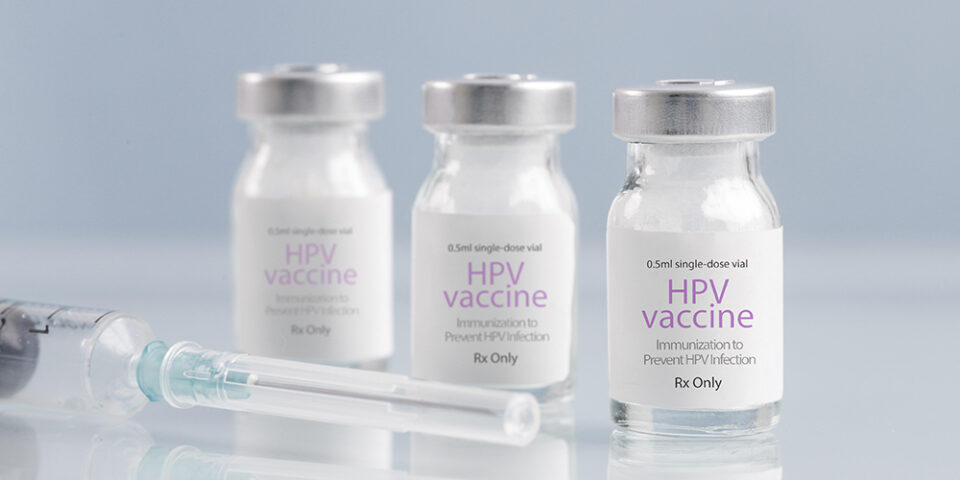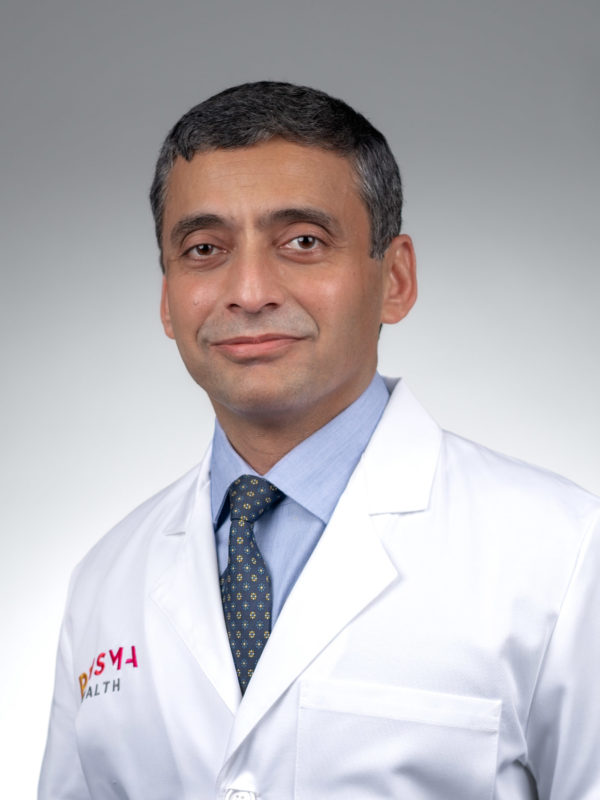Should I get the HPV vaccine?
Human papillomavirus (HPV) is the most common sexually transmitted infection in the U.S. Although the vaccine that prevents HPV is extremely effective, many people choose not to get it. Infectious disease expert Divya Ahuja, MD, explained why it’s important to talk to your doctor about the HPV vaccine.
Does HPV cause health problems?
“HPV is so common, almost all of us will be infected with it,” Dr. Ahuja said.
There are over 200 different types of HPV. Nine out of 10 people will get infected and recover. However, there are about 10 high-risk strains of HPV that are more likely to cause cancer, including cancer of the cervix, vulva, vagina, penis, anus and throat.
“More than 90% of cervical cancer is caused by HPV,” Dr. Ahuja said, “as well as almost 100% of penis, vaginal, vulvar and anal cancers. About 70% of throat cancer is caused by HPV. We have a vaccine that can prevent these cancers, but because of false claims and misinformation, especially on social media, our vaccination rate in the United States is less than 60%.”
What is the benefit of the HPV vaccination?
The biggest reason for getting the HPV vaccine? It’s proven to be effective.
“In 2007 or so, Australia began giving free HPV vaccines to older school aged kids,” Dr. Ahuja explained. “Within years, they found a significant drop in genital warts and then subsequently a drop in cervical cancer rates. If given before the person is sexually active and infected with the HPV virus, the vaccine has been proven to protect against the HPV strains that cause certain types of cancer as well as genital warts.”
The vaccine is recommended for girls and boys between the ages of 9 to 11. A dose is typically given at age 11 and another at age 12.
“The vaccine is recommended for all people up to age 26. It can be given beyond age 26 (until age 45) for certain high-risk groups, but the benefits are likely limited,” Dr. Ahuja said. “This decision should be based on a discussion between the patient and provider.”
Why is the HPV vaccine not recommended for people over age 45?
“By the age of 45, most of us have been infected with several different types of HPV that are in the vaccine, so the benefits go down significantly,” Dr. Ahuja said. “It’s possible that a 55-year-old hasn’t been infected with all the serotypes, but even if they do get infected, it can take decades for the virus to lead to changes that cause cancer.”
Is the HPV vaccine safe?
Dr. Ahuja said more than 15 years have studies have proved the vaccine is extremely safe.
“I can understand having questions about a vaccine or any medical intervention,” he said. “Talk to your doctor about your concerns. The HPV vaccine is safe and proven to be effective. Everyone should be given the opportunity to get the vaccine before they become sexually active as it is one of only two vaccines that can prevent cancer in their adult years.”
Find a doctor
Whether you’re looking for a primary care physician or need to see a specialist, we’re here to help with experienced, compassionate care near you.
Find a Doctor

